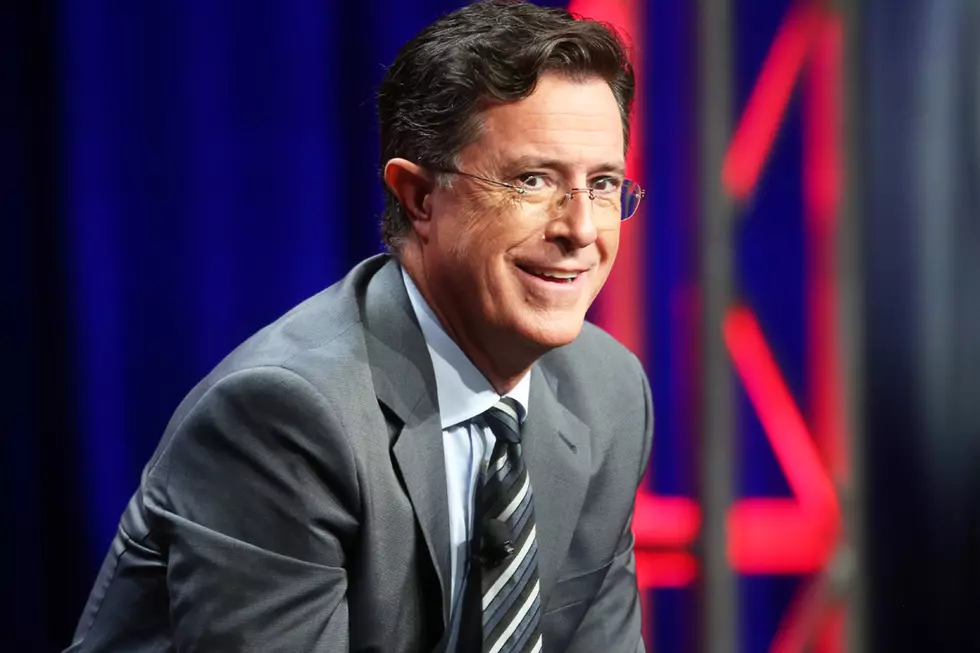
Cary Fukunaga’s ‘It’ Split Into Two Films, Separating the Past and Present Timelines
Stephen King’s ‘It’ is a beast of a book. Over its 1,000-plus pages, the novel follows a group of close-knit friends who do battle with a malevolent, child-killing force in their youth, only to reunite decades later to finish the job. It’s a messy, ambitious and insanely (perversely, even) detailed work. It feels unadaptable. But no one tell that to ‘True Detective’ director Cary Fukunaga, whose long-gestating adaptation is finally going before cameras next summer.
Vulture caught up with Fukunaga’s producer, Dan Lin, who confirmed that Fukunaga finally has beaten the material into proper cinematic shape:
The idea is to start official prep in March for a summer shoot. Cary likes to develop things for a while, and we’ve been with this for about three or four years, so we’re super excited that he stayed with it. You guys are gonna be really excited.
The additional details he provides will trouble as many fans as they excite. Lin does confirm that the adaptation will be two films, which feels like the proper approach for a story this rich. It’s not just a matter of dealing with the sheer story. ‘It’ is at its best when it can luxuriate in dread and history. Two films will give Fukunaga the necessary breathing room to capture the tone of King’s novel, which feels very similar to the nightmarish existentialism he conjured up for ‘True Detective.’
However, here’s where you’re allowed to go “Hmmm.” It seems that the two films will eschew the structure of the book, Instead of jumping between various time periods, the first film will follow the first battle against It when the protagonists are kids and the second will pick up when they’ve grown up. This could work (we have no idea what Fukunaga’s screenplay looks like), but it feels like it’ll lose the flexibility of the novel, which used past events to comment on the future and vice versa. The 1990 miniseries adaptation of the novel got a lot of things wrong (the first mistake was adapting a story this grim for primetime television), but the story really did benefit from the flashback structure.
Oh, and one more weird thing: Fukunaga isn’t even officially signed on to make the second movie yet, although he is in negotiations. It would be downright weird for a two-part film (which is literally one big story) to swap directors mid-stream.
But let’s stop grousing for a second and end this thing on a positive note! Lin dropped this little nugget, which is definitely going to please King purists:
The most important thing is that Stephen King gave us his blessing. We didn’t want to make this unless he felt it was the right way to go, and when we sent him the script, the response that Cary got back was, ‘Go with God, please! This is the version the studio should make.’ So that was really gratifying.
As his yearly top 10 lists and the mere existence of ‘Maximum Overdrive’ prove, King is often an, uh, unreliable judge of cinema. However, we do trust him enough to sign off on an adaptation of his own work. Between this and the upcoming epic take on ‘The Stand,’ it looks like Stephen King movies are about to have a renaissance.
And by “renaissance,” we mean they’ll hopefully stop being so consistently terrible. Seriously.
More From 98.3 The Snake




![The Terrifying New ‘IT’ Trailer Will Remind You Why You Hate Clowns [WATCH]](http://townsquare.media/site/625/files/2017/03/it.jpg?w=980&q=75)





